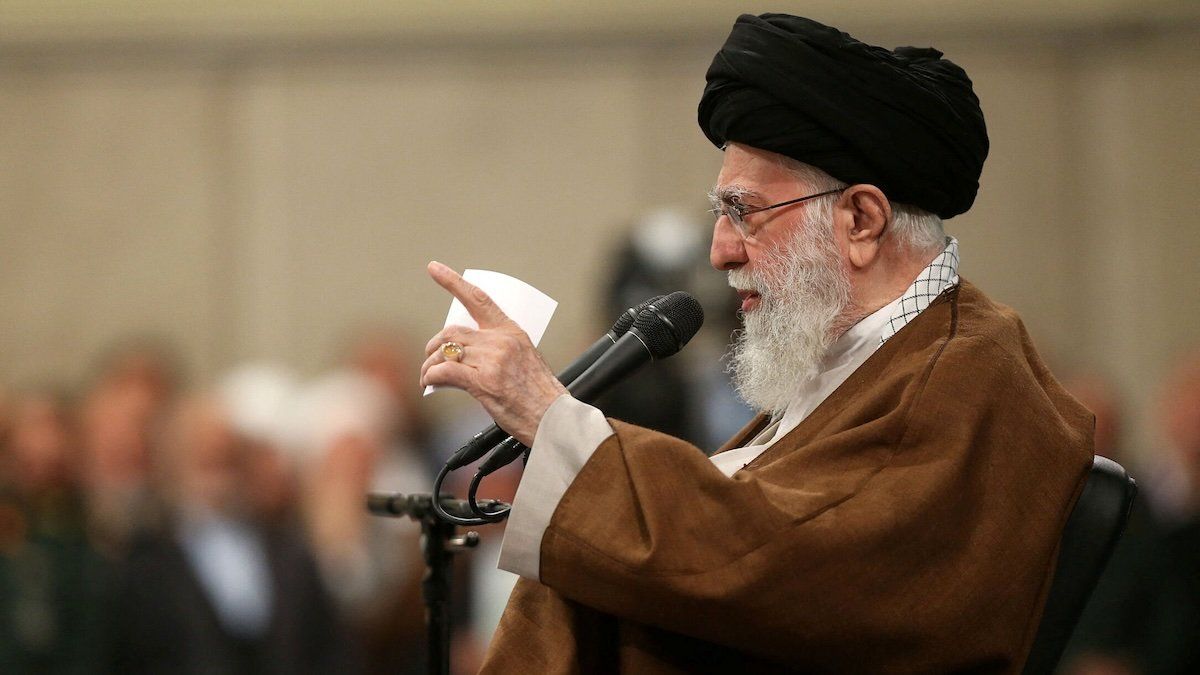Iran is vowing to respond to Israel after it launched strikes over the weekend against Iranian military targets, including missile production facilities and air defense batteries. If this sounds familiar, it’s because Iran and Israel have been locked in an escalating feud over the past year that has raised fears of a wider conflict in the Middle East with the Jewish state already waging war against Hamas in Gaza and Hezbollah in Lebanon.
The Iranian government initially downplayed the impact of the Israeli attack, but Iran’s foreign ministry on Monday warned it will use “all available tools to deliver a definite and effective response.” This came after Iran’s Supreme Leader Ayatollah Ali Khamenei on Sunday said that Israel’s attack should “neither be downplayed nor exaggerated.” Meanwhile, Iranian Masoud Pezeshkian on Sunday said that Iran would respond “appropriately” but isn’t looking for war.
Along these lines, Tehran appears to be weighing its options and isn’t in a rush to retaliate. It wants to avoid being entangled in a bigger conflict with Israel, which could potentially draw in the US, but also wants to continue to be perceived as a regional power player.
Ian Bremmer, founder and president of Eurasia Group, said that with this attack “Israel has made it very clear to Iran that if they want to do this again, that Iran is not going to be able to defend itself effectively.”
“For now, it looks like Israel’s policies vis-a-vis Iran have played out successfully, in part because they are the strongest military game without question in town,” Bremmer adds. This could mean Iran chooses to move toward de-escalation.
We’ll be watching to see if Tehran offers more signs on how it might respond in the days ahead, as the Biden administration continues to push for a cease-fire in Gaza and a truce between Israel and Hezbollah in a last-ditch diplomatic sprint ahead of Election Day in the US.
